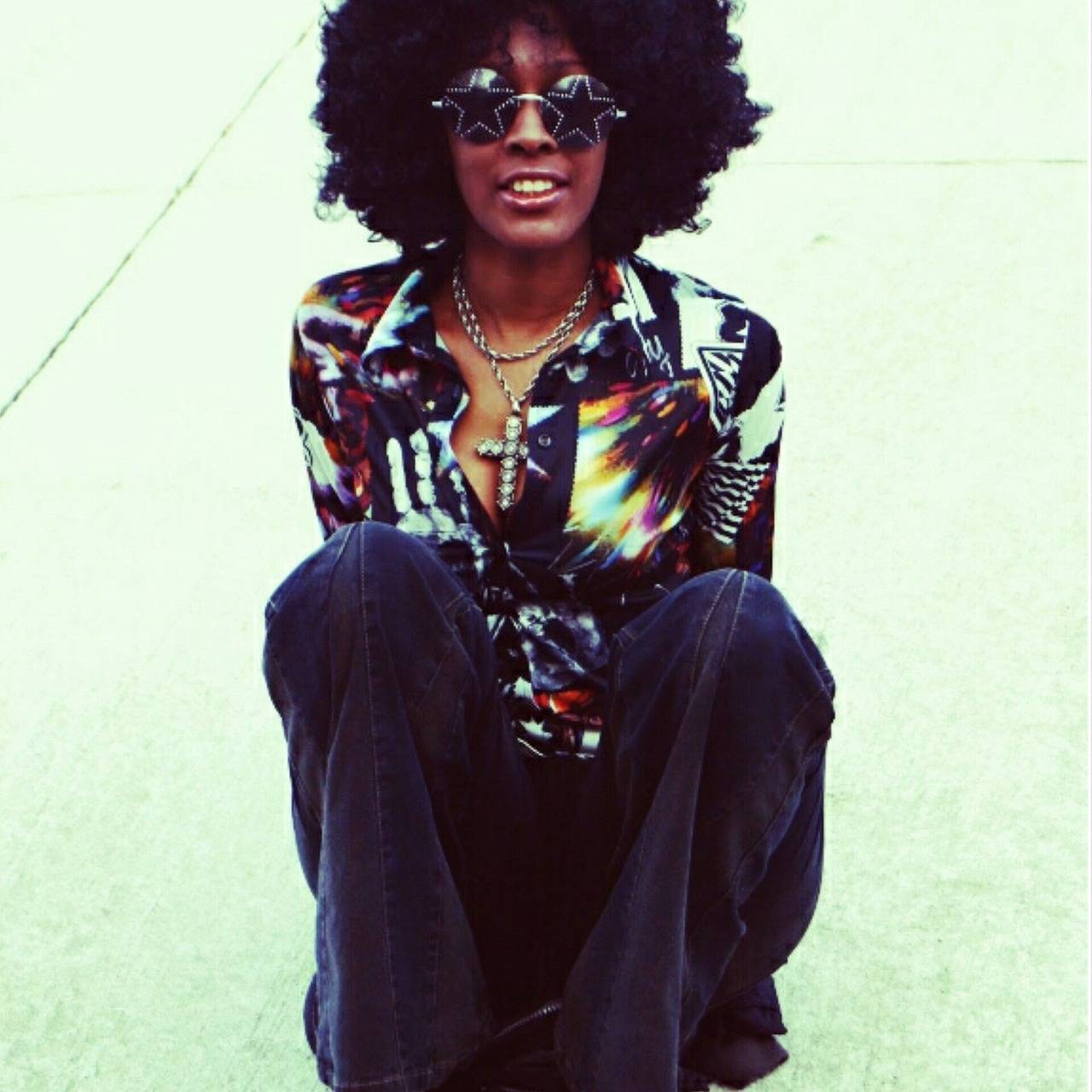The Role of Fashion Education in Promoting Sustainable Formal Wear Practices
lotus365 book, playexch 99, all panel .com:Fashion education plays a crucial role in promoting sustainable formal wear practices. By equipping designers and industry professionals with the knowledge and skills needed to create environmentally-friendly garments, fashion education can help pave the way towards a more sustainable future for the industry.
1. Sustainability in Fashion Education: The Foundation for Change.
Sustainability has become a hot topic in the fashion industry in recent years, with consumers increasingly demanding transparency and ethical practices from brands. Fashion education programs have responded to this shift by incorporating sustainability into their curricula, teaching students about the environmental and social impacts of the fashion industry.
2. Designing With Purpose: The Power of Conscious Creation.
One of the key ways that fashion education promotes sustainable formal wear practices is by teaching students to design with purpose. By emphasizing the importance of creating garments that are both aesthetically pleasing and environmentally friendly, fashion schools encourage students to think critically about their design choices.
3. Materials Matter: Choosing Sustainable Fabrics for Formal Wear.
Another important aspect of sustainable formal wear practices is the choice of materials. Fashion education programs teach students about the environmental impact of different fabrics and encourage them to seek out sustainable alternatives, such as organic cotton, Tencel, or recycled polyester.
4. Zero Waste Design: Reducing Environmental Impact Through Innovation.
Zero waste design is another area where fashion education can make a difference in promoting sustainable formal wear practices. By teaching students how to minimize fabric waste and create garments that use every bit of material efficiently, schools can help reduce the environmental impact of the fashion industry.
5. Ethical Production: Ensuring Fair Labor Practices in Formal Wear Production.
In addition to environmental considerations, fashion education also emphasizes the importance of ethical production practices. By teaching students about fair labor practices and the importance of treating garment workers with respect and dignity, fashion schools can help create a more ethical and sustainable industry.
6. The Power of Collaboration: Working Together for a Sustainable Future.
Ultimately, the role of fashion education in promoting sustainable formal wear practices is about more than just teaching students. It’s also about fostering a culture of collaboration and innovation, where designers, industry professionals, and consumers can work together to create a more sustainable future for the fashion industry.
FAQs:
Q: How can consumers support sustainable formal wear practices?
A: Consumers can support sustainable formal wear practices by choosing brands that prioritize sustainability, buying fewer but higher-quality garments, and investing in timeless pieces that will last for years to come.
Q: Are sustainable formal wear options more expensive?
A: While some sustainable formal wear options may be more expensive upfront, they often offer better quality and longevity, making them a more cost-effective choice in the long run.
Q: How can fashion education programs continue to promote sustainability in the industry?
A: Fashion education programs can continue to promote sustainability in the industry by staying up-to-date on the latest trends and technologies in sustainable fashion, collaborating with industry partners, and incorporating sustainability into all aspects of their curricula.







